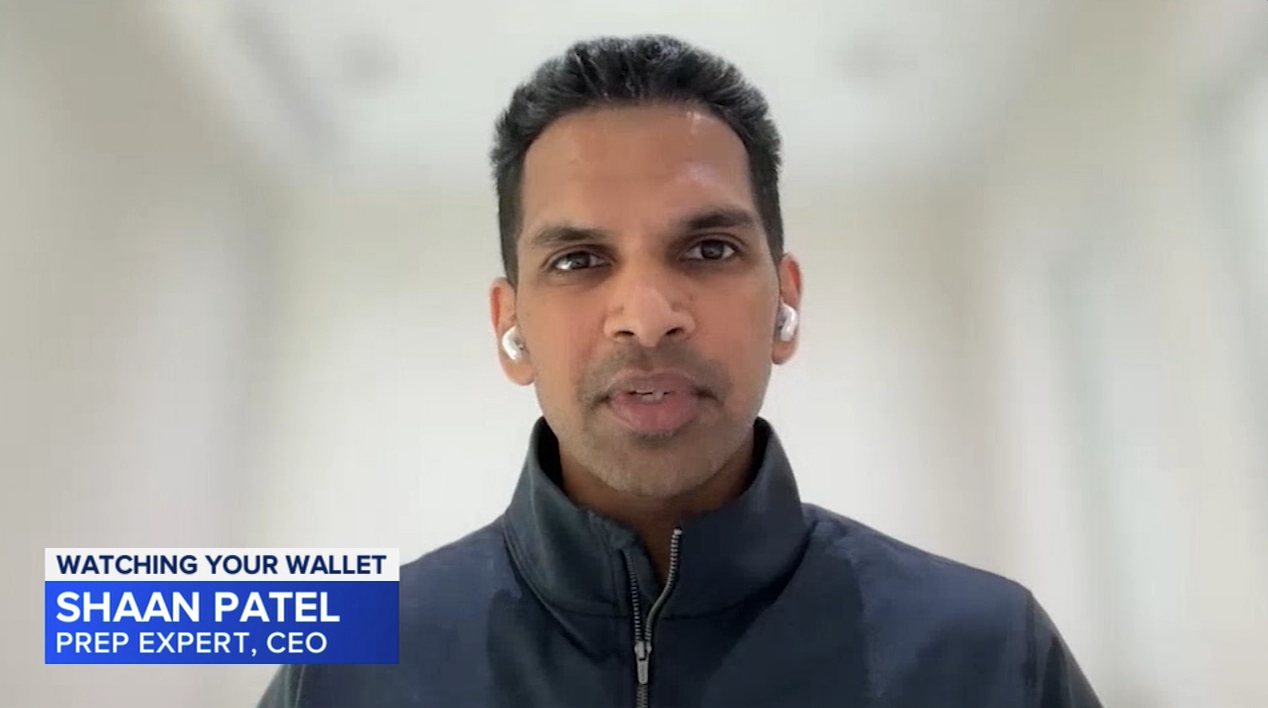The Erosion of Meritocracy: The Consequences of Removing Standardized Tests and Implementing DEI Policies in American College Admissions

Introduction
As the Founder & CEO of Prep Expert, an organization dedicated to helping students excel in standardized tests and gain admissions to top universities, I have witnessed firsthand the power of merit-based evaluation in transforming lives. However, recent trends in American higher education, including the removal of standardized tests and the implementation of Diversity, Equity, and Inclusion (DEI) policies, threaten to undermine the very foundation of meritocracy. This shift poses significant risks to the quality of education and the future competitiveness of the United States compared to countries like China, Japan, and India, which continue to uphold rigorous academic standards.
The Role of Standardized Tests in Meritocracy
Standardized tests such as the SAT and ACT are crucial in providing an objective measure of a student’s academic ability and potential. These exams level the playing field, offering a standardized metric to assess students from diverse backgrounds. Research consistently shows that standardized test scores are strong predictors of college performance and graduation rates, making them invaluable tools for admissions decisions.
Critics of standardized tests argue that these exams are biased and disadvantage minority students. However, removing standardized tests can inadvertently increase reliance on subjective measures like personal essays, recommendations, and extracurricular activities, which can be heavily influenced by socioeconomic factors and implicit biases. By eliminating these tests, we risk eroding the fairness and objectivity that are central to a meritocratic admissions process.
DEI Policies and Their Impact on Academic Standards
Diversity, Equity, and Inclusion (DEI) policies aim to address historical inequities by increasing the representation of underrepresented groups in higher education. While the intention behind these policies is commendable, their implementation can sometimes conflict with meritocratic principles. A balanced approach is essential to ensure that diversity does not come at the expense of academic excellence.
Studies have shown that race-based admissions policies can lead to lower academic performance among minority students. For instance, Sander and Taylor (2012) found that affirmative action in law schools resulted in lower bar passage rates for minority students. Similarly, Arcidiacono and Lovenheim (2016) demonstrated that mismatched admissions policies could harm the academic outcomes of beneficiaries. These findings suggest that while DEI initiatives are important, they must be carefully designed to avoid unintended consequences.
A recent example illustrating the negative impact of DEI policies is the decline in academic standards at UCLA’s David Geffen School of Medicine. Under the leadership of Jennifer Lucero, the school’s DEI-driven admissions policies have reportedly led to a significant increase in the number of students failing basic medical competency tests. According to reports, these policies have prioritized racial diversity over academic qualifications, resulting in a marked decline in student performance and the school’s overall ranking (Daily Wire, 2024; The College Fix, 2024). Faculty members have expressed concerns that the emphasis on DEI has compromised the quality of medical education, ultimately endangering patient care and public trust in the medical profession (OutKick, 2024).
Comparative Analysis: China, Japan, and India
In contrast to the U.S., countries like China, Japan, and India maintain rigorous standardized testing systems that prioritize academic excellence. The Gaokao in China, the National Center Test in Japan, and the Joint Entrance Examination (JEE) in India are among the most competitive exams in the world. These exams emphasize merit and academic achievement, fostering a culture of excellence and producing a highly skilled workforce.
- China: The Gaokao is an intensive exam that covers a wide range of subjects, and success in this exam is a pathway to prestigious universities and career opportunities. The rigorous standards of the Gaokao help maintain high academic performance in Chinese universities.
- Japan: Japan’s education system places a strong emphasis on standardized testing and rigorous academic preparation. The National Center Test ensures that students meet high academic standards, contributing to Japan’s top rankings in international assessments like PISA.
- India: The JEE is one of the toughest engineering entrance exams globally, serving as a gateway to India’s premier engineering institutions. This merit-based system has produced a large pool of highly skilled engineers, driving India’s technological and economic growth.
The Risk of Talent Decline in the U.S.
As the U.S. moves away from standardized testing and embraces DEI policies, it risks undermining the meritocratic foundations that have historically driven its educational and economic success. Lowering academic standards and relying on subjective admissions criteria may lead to a decline in the quality of education and a loss of global competitiveness.
The emphasis on diversity over merit can create a false dichotomy, where the pursuit of equity is seen as incompatible with excellence. It is crucial to promote diversity while maintaining rigorous academic standards. Ensuring that all students have access to high-quality education and support systems is essential for maintaining a competitive edge.
The removal of standardized tests and the implementation of DEI policies in American college admissions aim to create a more inclusive educational landscape. However, these measures pose significant risks to the meritocracy that underpins American excellence. As the U.S. navigates these changes, it must strike a balance between promoting diversity and maintaining rigorous academic standards. Failure to do so could result in a decline in talent and a loss of global competitiveness, particularly in comparison to countries like China, Japan, and India, where meritocratic principles continue to drive educational success.
Dr. Shaan Patel, MD, MBA is the Founder & CEO of Prep Expert (winner of a Shark Tank deal with Mark Cuban), a #1 bestselling author, and a board-certified dermatologist.
Written by Dr. Shaan Patel MD MBA
Prep Expert Founder & CEO
Shark Tank Winner, Perfect SAT Scorer, Dermatologist, & #1 Bestselling AuthorMore from Dr. Shaan Patel MD MBA

Ivy League Applications: What Sets A Student Apart
Every year, tens of thousands of students apply to Ivy League schools. Only a small fraction receive an offer of…

The Student Loan Rules Just Changed—And Most Families Aren’t Ready
By Dr. Shaan Patel, CEO & Founder of Prep Expert® Student loans have always been complicated. But starting in…

Confidence Is the Hidden Score Booster No One Talks About
Most students think SAT® and ACT® success comes down to knowing more math formulas or grammar rules. That’s only half…